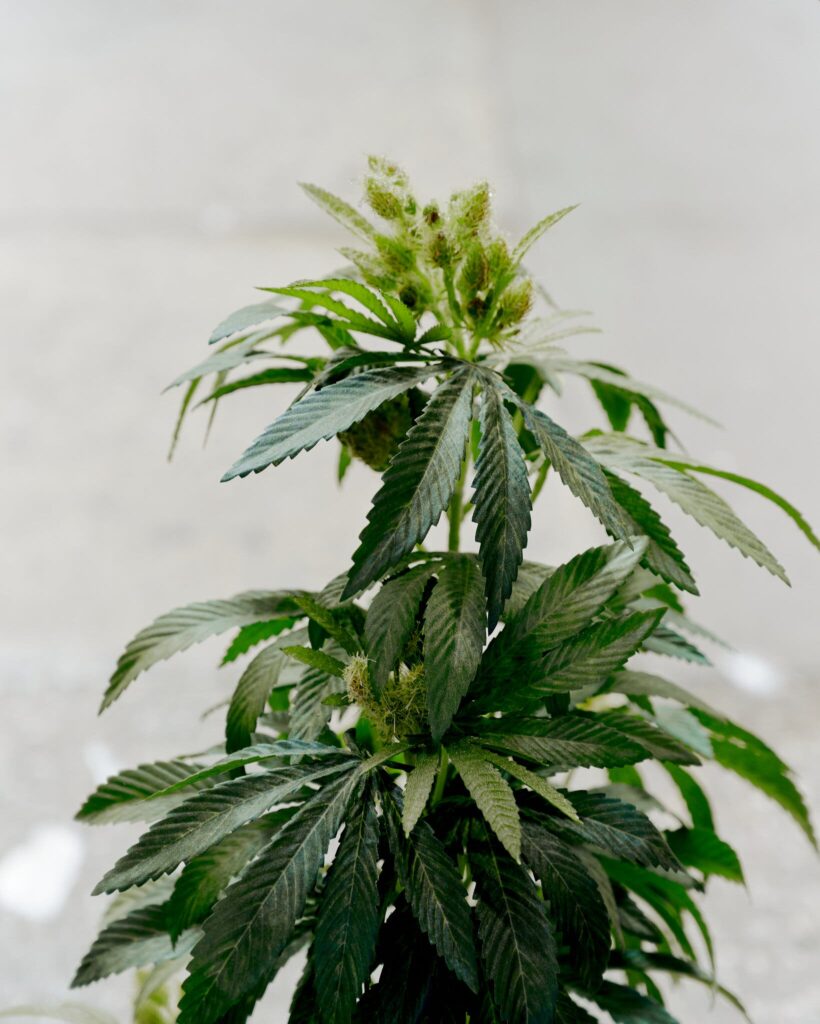In 2021, federal health officials declined to sign off on a clinical trial to assess the safety and efficacy of using marijuana to treat military veterans with post-traumatic stress disorder.
Allowing patients to smoke high-potency marijuana posed an unjustifiable risk to their health, the Food and Drug Administration said in a written response to the trial proposal. The agency also objected to the suggestion that patients would be allowed to consume as much cannabis as they deemed useful to ease their symptoms, up to a daily limit.
This month, though, the F.D.A. surprised the researchers behind the proposed study and other experts in the field by authorizing the trial to proceed, according to an F.D.A. letter obtained by The New York Times.
The decision was a rare instance in which the F.D.A. has permitted smoking marijuana for a study looking at the therapeutic benefits of the plant, rather than its harms.
A spokeswoman for the F.D.A. said she could not provide details about what led to the approval, but that the agency “recognizes that there is great need for additional treatment options for mental health conditions such as PTSD.” Drug policy experts said it was the latest sign that federal health officials see value in more research on a plant millions of Americans use therapeutically and recreationally.
The federal government has historically prioritized research on the harms of marijuana, but legalization — and the tax revenue that followed — has left states with funds to expand studies into marijuana’s efficacy for therapeutic uses.
“There’s this blind spot in our system of drug development and regulation that has created a scenario where one of the substances people use the most is actually the least well understood,” said Shane Pennington, a lawyer who specializes in drug policy.
Public support for legalizing marijuana has grown significantly in recent decades as more states have established medical marijuana programs and legalized its recreational use. Efforts to legalize recreational marijuana in three states failed in elections earlier this month, but Nebraska became the 39th state to legalize medical marijuana. Twenty-four states, and the District of Columbia, allow recreational use.
This shifting legal landscape prompted the Biden administration in May to propose downgrading cannabis from Schedule I, the government’s most restrictive category of drugs, though the timing of any change is uncertain, particularly given the arrival of a new administration in January. The Schedule I designation, given in the 1970s, signaled that the government viewed the plant as highly prone to abuse and without proven medicinal value.
H/T: www.nytimes.com
You can view the whole article at this link cannabis poisonings rose sharply



